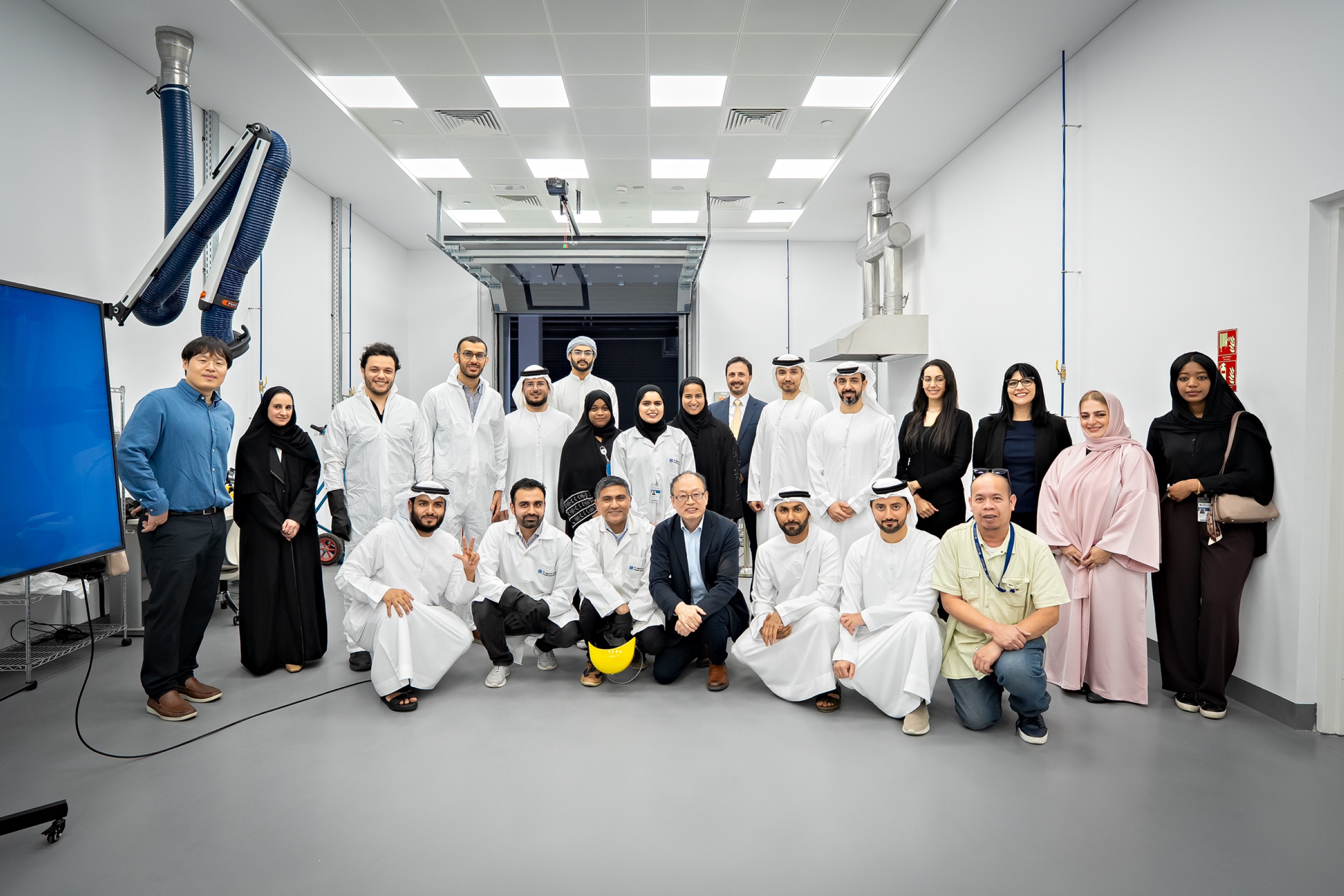UAE's Innovative Leap in Space Technology: Khalifa University and the UAE Space Agency Unite for Sustainable Propulsion Solutions
In a significant development for the United Arab Emirates’ burgeoning space sector, Khalifa University of Science and Technology and the UAE Space Agency announced the activation of an innovative propulsion system designed specifically for mini-satellites. This cutting-edge technology, which is both precise and environmentally friendly, represents a remarkable achievement in the country’s quest to establish itself as a leader in space exploration and technology. The announcement was made on Monday, heralding the culmination of extensive research and development conducted entirely within the UAE.
This project is a pivotal component of the Mini-Satellite Initiative, which has garnered support from the UAE Space Agency through a formal agreement with Khalifa University. The overarching objective of this initiative is to demonstrate advanced orbital technology for missions aiming at low Earth orbit (LEO). With the rise in global interest for satellite technology, particularly for scientific research and communication, the successful execution of this project could position the UAE at the forefront of mini-satellite development and deployment.
The project has seen the collaboration of six university researchers alongside senior associates from the UAE Space Agency, illustrating the robust partnership between academic institutions and national bodies in advancing the frontiers of knowledge and technology. The endeavor has now entered the final phase of pilot operation at Khalifa University’s Small Satellite Laboratory, an achievement that showcases the capabilities and innovation of local talent.
Bati Al Qubaisi, the Director General of the UAE Space Agency, conveyed his enthusiasm regarding this strategic milestone, stating, “This advancement not only reflects our commitment to sustainable space technologies but also highlights the capabilities of our national talents in engineering.” His statement emphasizes the importance of nurturing homegrown expertise within the rapidly evolving space sector, which is expected to play a crucial role in the UAE’s economic diversification agenda.
Professor Ebrahim Al Hajri, President of Khalifa University, echoed Al Qubaisi’s sentiments. He noted, “The project aligns with the UAE’s vision to enhance local and regional space capabilities. These advanced systems represent a qualitative leap in the nation’s ability to independently validate complex and sustainable space technologies.” Al Hajri highlighted how reaching the final phase of pilot operation underscores the university’s commitment to developing national talents and strengthening local infrastructure critical to the future of the aerospace industry.
The propulsion unit, once fully integrated into a miniature satellite system, is slated for launch by the end of 2026. Al Hajri provided insights into the anticipated mission, stating that the primary objective will be to successfully demonstrate orbital propulsion capabilities, particularly focusing on altitude control and orbital maneuvers. This mission exemplifies the UAE’s aspirations to push the boundaries of current space technologies and establish itself as a notable player in global space exploration.
As the UAE continues on its trajectory towards becoming a spacefaring nation, it is pertinent to understand the significance of such projects. The development of sustainable propulsion systems not only fulfills technological requirements but also aligns with global moves towards environmental consciousness in space activities. As nations grapple with the implications of space debris and ecological impact, the UAE’s focus on environmentally friendly technologies emerges as a model for responsible space exploration.
Moreover, this initiative stands as a testament to the UAE’s broader commitment to science, technology, engineering, and mathematics (STEM) education. As the country invests heavily in nurturing talent and fostering innovation within these fields, the findings and successes of the Mini-Satellite Initiative will undoubtedly inspire future generations of engineers and scientists.
In conclusion, the collaboration between Khalifa University and the UAE Space Agency marks a pivotal step towards realizing the UAE’s ambitions in space technology. As they gear up for the challenges ahead, the advancements achieved through this project promise to enhance not only the UAE’s capabilities but also its reputation on the global stage—fostering a new era of innovation and exploration in the services of humanity.
Tags: #UAE #SpaceNews #BusinessNews

